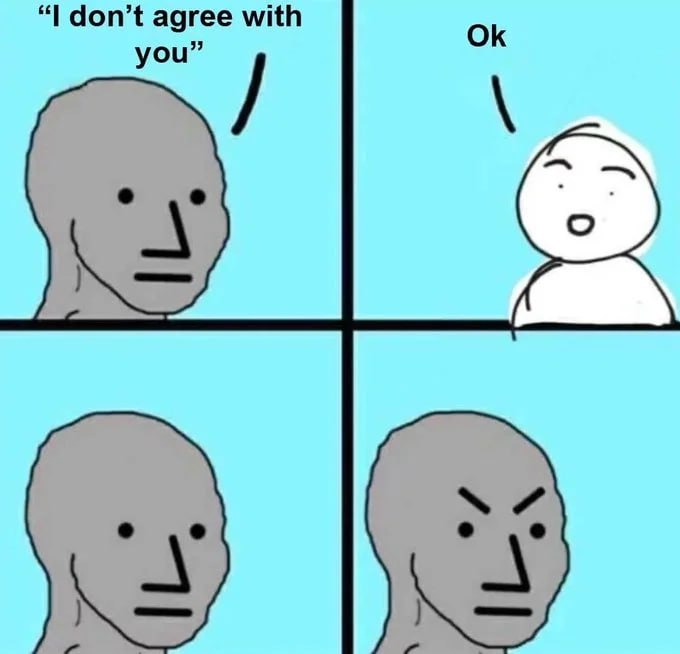Recently I had an extended conversation about an issue in Church history that involves a combination of facts and assumptions, inferences, theories, and hypotheses.
By using the FAITH model of analysis, it is easy for everyone to agree on the actual facts, once they are separated from and distinguished from the assumptions, inferences, etc.
But this other individual framed the conversation in legal terms such as "burden of proof" and other references to judicial proceedings.
That is such an antiquated way of thinking I was a little surprised. But then I suppose most people are still in the mode of arguing about such things.
Arguing involves low-level consciousness.
In my career as a lawyer, I observed uncountable arguments, many about things that don't matter much. Basic human psychology makes people possessive about their things and their beliefs. In the academic world, I've been continually surprised at how closely scholars identify with their own theories. Some of them take confirmation bias to a level I didn't think possible.
Many people are also insecure, to the point where they seek validation from others. This is a major cause of contention. People think they need others to agree with them about their own beliefs and worldviews.
Returning to the legal framing, the individual I was conversing with seemed to think we were adversaries in some way. It was weird, actually. I explained that all I cared about was getting as many facts as are available, which I had assumed he wanted as well.
But he didn't.
He had a narrative he liked and he wanted to retain it. He was uninterested in facts that contradicted his narrative.
My general rule is that more facts are better than fewer facts. It's so strange when others disagree.
Some of the confusion about facts may arise from the term "fact-finder" or "finder of fact" that is often applied to a jury (or a judge if no jury). It's a misnomer, of course; no one know what actually happened in the past. The best we can do is make assumptions and inferences on a limited set of actual facts.
But maybe the idea of a jury/judge as a "fact-finder" has woven itself into social consciousness, to the point that people (especially those who participate in the judicial process) actually believe at some level that a jury/judge can find facts.
Again, weird.
This whole experience reminded me of the importance of the FAITH model to eliminate contention. But the FAITH model apparently threatens people who prefer to confirm their biases and worldviews by deeming their own assumptions and inferences and theories as facts.
Fun lesson!
_____
Here's a graphic that depicts the outcome of clarity, charity and understanding, as opposed to arguing and contention.


